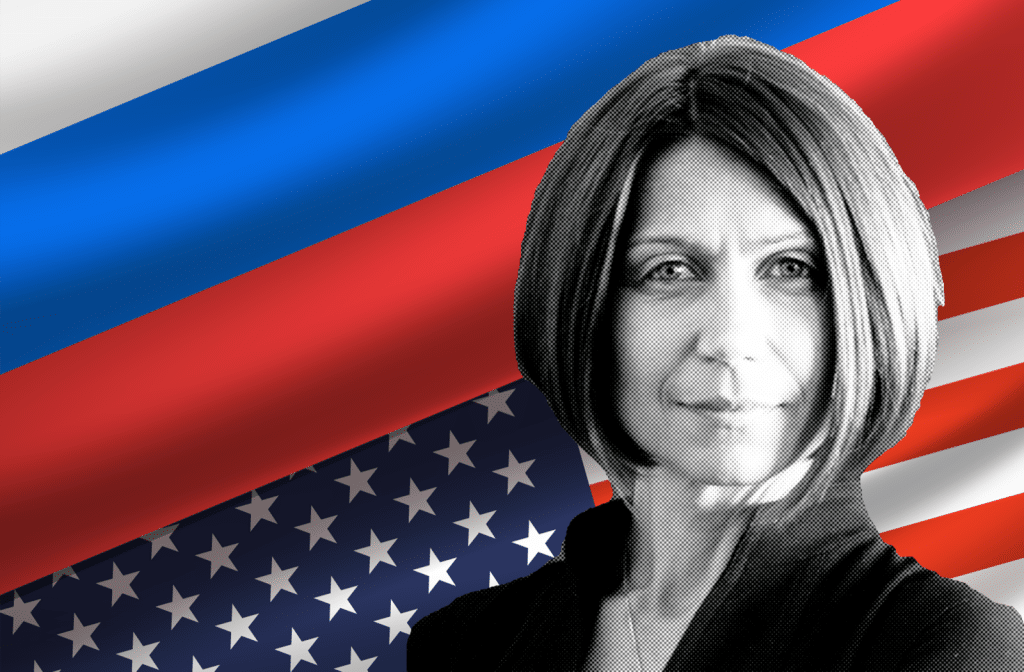A pragmatic turn in Geneva
By Mariana Budjeryn | June 17, 2021

This article is part of a collection of expert commentaries on the Biden-Putin summit held in Geneva on June 16, 2021. To read other articles in the collection, click here.
The Biden-Putin summit in Geneva did not disappoint the very low expectations set out for it. The summit, short and sober as it was, might have achieved more than meets the eye, however. Notably, the two presidents, whose countries together possess over 90 percent of the world’s nuclear weapons, reaffirmed that “a nuclear war cannot be won and must never be fought,” a principle first iterated by US President Ronald Reagan and Soviet leader Mikhail Gorbachev in 1985. The reaffirmation is symbolic, as it is reminiscent of the times when US-Soviet relations took a turn for the better. It also sends a signal that the two nuclear superpowers are committed to reducing the risk of nuclear war, an important move in the run up to the Nuclear Non-Proliferation Treaty Review Conference, a forum where the nuclear states have come under increased pressure from non-nuclear states to step up their efforts toward disarmament.
To move beyond symbolism and signaling, however, the Biden-Putin proclamation has to be translated into practical progress. This was another deliverable of the summit: The presidents authorized their teams to embark on an “integrated Strategic Stability Dialogue,” addressing the future of arms control and risk reduction. The two sides also agreed to hold consultations on cyberthreats and the Arctic region. While the leaders did not discuss the particulars, the bilateral engagement in the broad domain of strategic stability will likely include several tracks. One is the negotiation of a treaty to replace the New Strategic Arms Reduction Treaty when it expires in 2026. In parallel and related to such a treaty, the parties will necessarily have to address the issues of missile defense, space, and non-strategic nuclear weapons, in particular those that had been previously limited by the Intermediate-Range Nuclear Forces Treaty. The strategic stability equation will also likely have to account for emerging new technologies and cyberthreats. To complicate matters, it is difficult to see how any agreement on intermediate-range weapons or space could be concluded without engaging China. In short, the challenges before US and Russian arms control negotiators are formidable, but the commencement of a comprehensive US-Russian arms control process is as laudable as it is overdue.
Finally, its tone and its broader context suggest that the Geneva summit might have marked an important shift—from idealism to pragmatism—in US-Russia policy. Biden’s approach is a departure from the policy of his predecessors, with the notable exception of Donald Trump, whose relationship with Putin was harder to decipher. Since the Soviet collapse, Biden’s predecessors attempted to grandly “reset” relations with Russia by bringing it into the fold of the rule-governed international order, only to end up disparaging Russia’s continued transgressions. The summit took place with the understanding that the two countries are adversaries; each has red lines that have already been crossed, as in Ukraine and in US elections meddling. The United States and its allies are determined to contain and counter Russian threats if and when they emerge, as outlined in the NATO communiqué released days before the summit. Biden’s goal in Geneva was not to transform the relationship, resolve underlying antagonisms, or build trust. Rather, the task was to agree on areas of cooperation that are in mutual interest and in the interest of international security, despite profound differences and distrust.
This of course is easier said than done. Biden will find it difficult to maintain an air of detached pragmatism as Putin cracks down on domestic dissent. Ukraine will likely emerge as a sticking point in risk reduction talks, particularly when it comes to military exercises and troop movements. Some trust will be necessary to design and agree upon new arms control verification procedures. The sanctions on Russia are there to remain for as long as Crimea is occupied, which is to say, for the foreseeable future. Putin’s blatant and unchallenged recitation of outright lies and whataboutisms during his press conference after the summit was enough to make the blood of most cool-headed diplomats boil in indignation. The hope is, however, that despite the political rhetoric and the very real differences, the US and Russian arms control experts and negotiators are empowered to do what the whole world expects from them—find a way to slash the ridiculous quantities of redundant nuclear weapons and, until they are totally eliminated, ensure that they remain unused.
This article is part of a collection of expert commentaries on the Biden-Putin summit held in Geneva on June 16, 2021. To read other articles in the collection, click here.
Together, we make the world safer.
The Bulletin elevates expert voices above the noise. But as an independent nonprofit organization, our operations depend on the support of readers like you. Help us continue to deliver quality journalism that holds leaders accountable. Your support of our work at any level is important. In return, we promise our coverage will be understandable, influential, vigilant, solution-oriented, and fair-minded. Together we can make a difference.
Keywords: Biden, Putin, Russia, United States, nuclear weapons
Topics: Analysis, Nuclear Energy, Nuclear Weapons, Opinion















